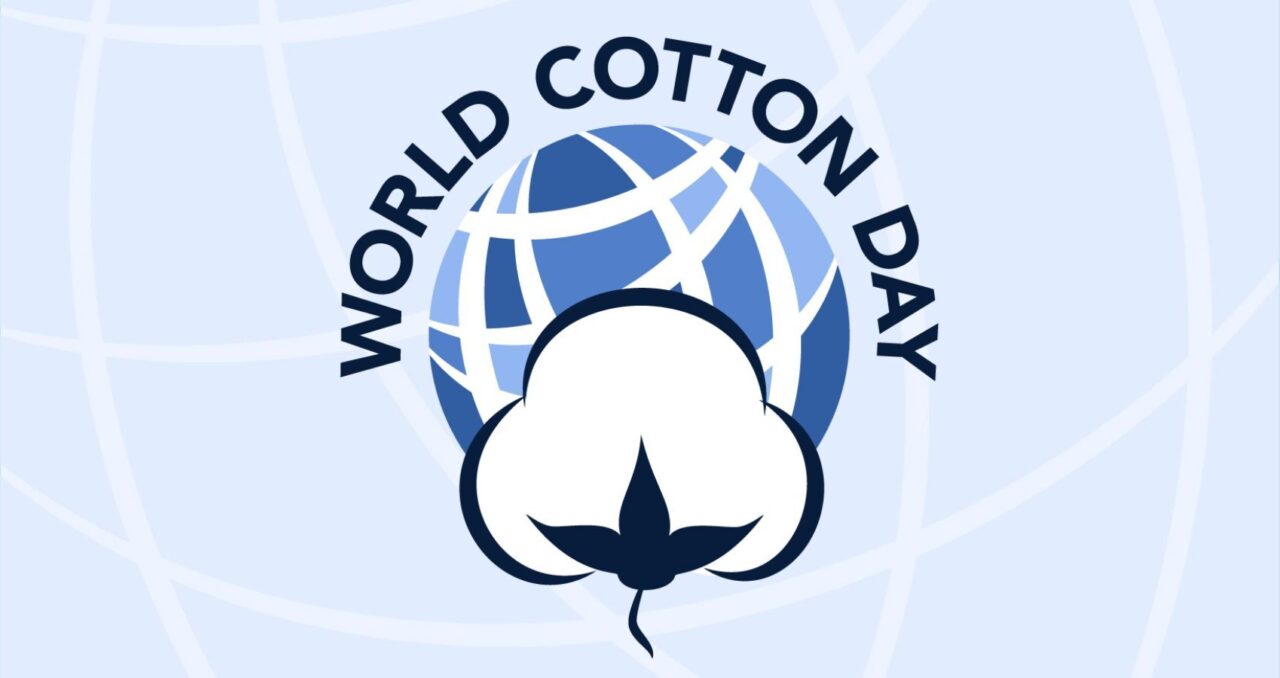
Australian cotton growers appear certain to sell out of 2022 cotton within weeks and is positioned well for the 2023 crop despite global volatility.
With a crop of around 5.5 million bales produced in Australia this year, the biggest on record, and with good prices per bale, farmers are expecting a positive economic return and while conditions have deteriorated, there is still demand for
our cotton. Interactive cotton marketing news service Cotton Compass is predicting 95% of the 2022 crop is now sold and 36% of the 2023 crop is forward sold, a good result considering deteriorating consumer confidence amid rising interest rates and inflationary pressure, the impact of China’s COVID lockdown policy and the war in the Ukraine.
Cotton Australia CEO Adam Kay said it was timely on World Cotton Day to reflect on the global market. “Drought has reduced the US cotton crop by four million bales and with Brazil stockpiles low, for the next few weeks and months Australia is the only source of quality cotton.
“There is a silver lining to China’s soft ban in that it has assisted us to establish valuable new buyer relationships while enhancing existing customer relationships. Again this year we are getting good support from Vietnam, Indonesia, India, Bangladesh, Pakistan and Turkey.”
Joe Nicosia, the Vice President of Louis Dreyfuss told the recent Australian Cotton Conference that we have a window of opportunity to sell our cotton to the world, but the lower prices meant timing was critical.
“Our peaks are in their troughs so we will be able to fill the demand while US and Brazil cotton stocks are getting smaller, and India is also suffering due to flooding. The most important decision is ‘when’ to sell, which has become a critical factor.”
As Chair of Australian Cotton Shipper Association (ACSA), Roger Tomkins understands the challenges and opportunities ahead for Australian cotton. “Prior to the price correction we were positioned well. Since then, demand has been drying up across all markets. We are still selling cotton, but the market has weakened.”
Mr Tomkins said there may be some pain in the short-term with some merchants facing defaults from buyers who paid high prices months ago, but he nominated Indonesia as a highlight.
“They’ve been a stable market for a long time and our share of the market has grown. The recent visit by a delegation of Australians, as part of the Agricultural Trade and Market Access Cooperation (ATMAC) funding initiative, helped cement the relationships so important in global trade.”
